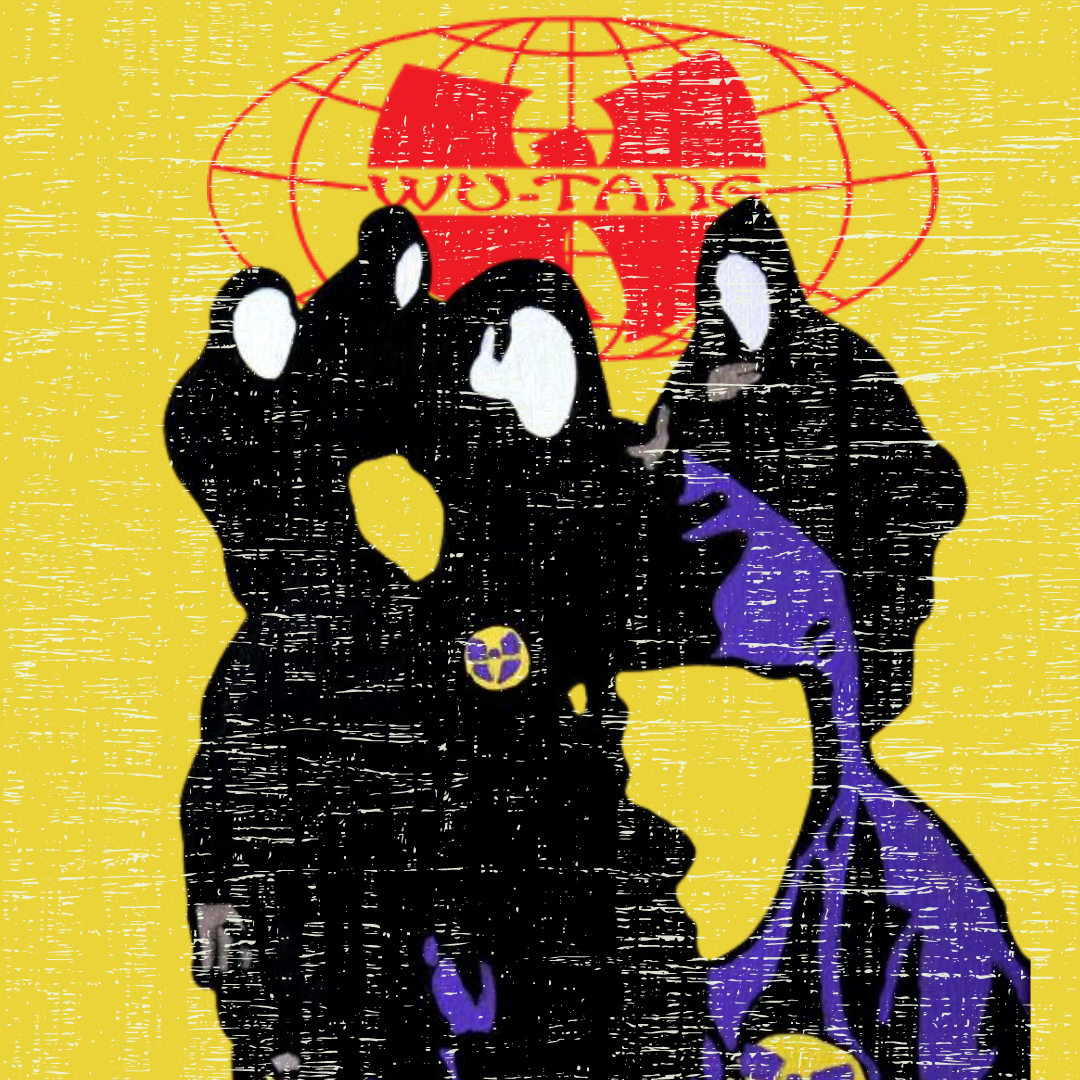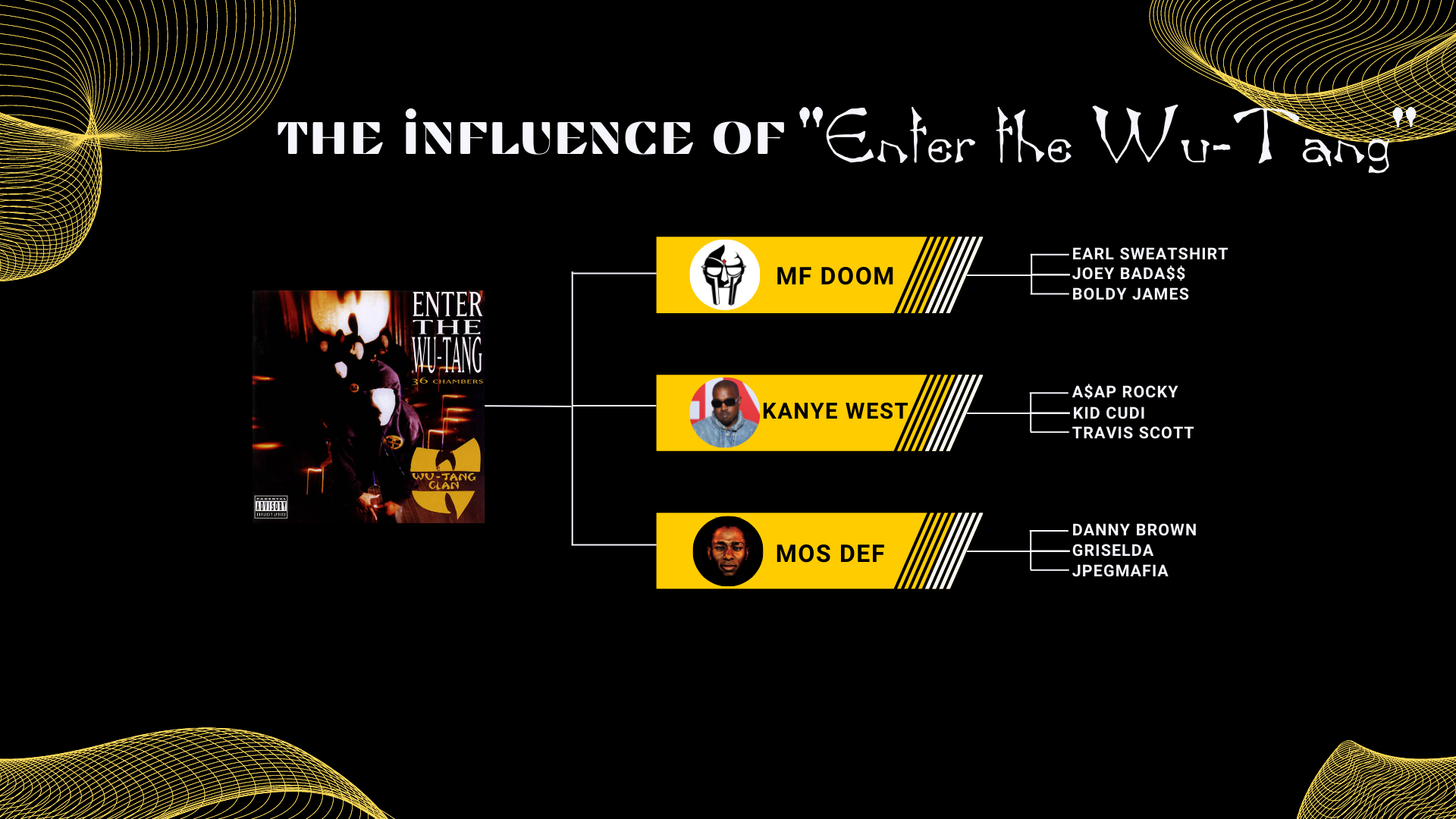A Glamorous Return to Form: “2000” by Joey Bada$$ reviewed
It’s crazy to think that ten years ago much of the world was first exposed to the witty wordplay of Joey Bada$$ and the Pro Era crew through his cult-classic debut project, 1999. It is even more wild to think that it has been five years since we saw Joey drop an album with 2017’s All-AmeriKKKan Bada$$. All-AmeriKKKan Bada$$ introduced us to Joey’s venture into more radio-friendly singles and his stray away from much of his boom-bap inspired rhymes. While Joey’s fascination for catchier tracks initially made me fear his artistic direction for the future, 2000 is in no way a miss. 2000 is in many ways a mixture of these two projects, with it being a return to his 1999 form, while also acknowledging the major changes of Joey’s lifestyle, sound and the changes in the genre over those years.
If 1999 is Joey’s Ready to Die, then 2000 is his Life After Death, in the sense that Joey’s hunger really shines on 1999, whereas on 2000 Joey loses a lot of that hunger and instead recognizes a much more comfortable rap space that he can call his own. Songs such as “Make Me Feel” and “Zipcodes” really showcase the strengths of most of the project, as the individual songs often stand on their own as aux-cord friendly with its fly style and smooth instrumentation. Many of the songs include co-signs from artists like Nas, and Diddy that at first felt a bit forced, but I have grown to appreciate them. Considering Joey was only 17 when he dropped 1999, it gives the album a nice coming-of-age feel.
Another highlight on the album for me was the song “Brand New 911”. After hearing Joey’s contributions on Westside Gunn’s, “327” I had hoped Joey would nod more to the new Griselda style as it suits him well. This song definitely recognizes some of those changes in the New York style and the two do the song justice.
While the project sounds great, beyond that surface level it can feel a bit disappointing. The album may strive in Joey's captivating style, but its greatest weakness in my eyes is its noticeable feel of lacking true heart in its lyricism. What made 1999 a repeat listen to many fans was its complex lyricism with layers of double and triple entendres, whereas with this project the lack of substance (or even character) makes me less compelled to do a deep dive into Joey’s lyrics.
Ironically, a new “era” has definitely arrived for Joey with the project noticeably lacking any of the Beast Coast or Pro Era crew (outside of production) and that also swipes a lot of my personal interest. A new era may not be a bad thing, but Joey has lost a lot of his brand personality with the loss of the Beast Coast momentum, and friendly competition brought in the past by peers like Meechy Darko, Nyck Caution or Kirk Knight. “Survivors Guilt” is a definite highlight and exception, being the one song that really compels me to follow its lyricism. Other than that most of the album just feels like a collection of songs of braggadocio and glamour. While this is not necessarily a negative in its own, when compared to the level of lyricism on the predecessor, 1999, it could definitely disappoint some of Joey’s fanbase.
Overall the project is super solid, especially when hearing it in pieces. But the real disappointment is Joey taking too long to drop new music. In the future, hopefully Joey will drop music more consistently even if it means less wordplay or depth involved in the projects. Joey’s bold claim, “who the best emcees? Kenny, Joey and Cole” may not be wrong, but he hasn’t dropped enough music to the public to prove that claim. Considering the relationship between Westside Gunn and Joey Bada$$, I have high hopes that Joey could drop more projects. Maybe even a Westside Gunn curated, Joey Bada$$ album at some point. I definitely would recommend this project, but it would be hard to call it my favorite of his.
Giovanni Recinos is a staff writer.
Thanks for reading! Make sure to follow us on Instagram to stay up-to-date on all music news.






































